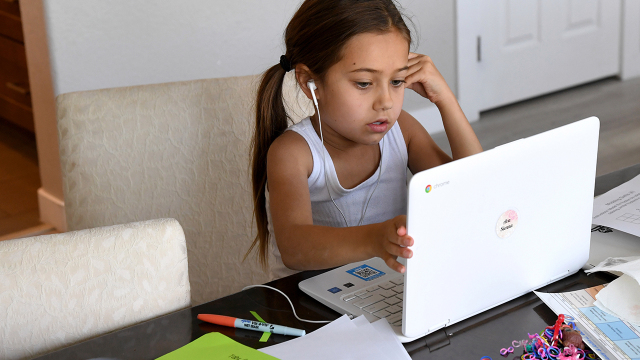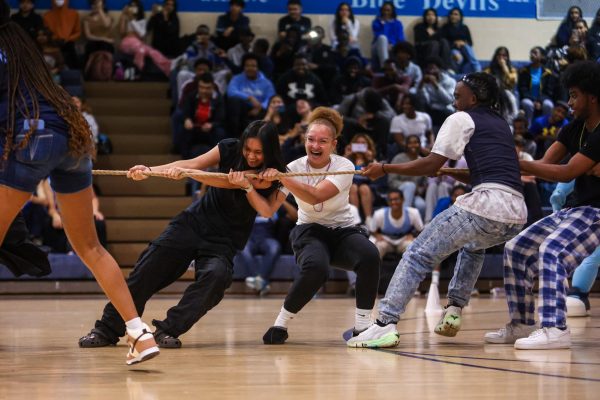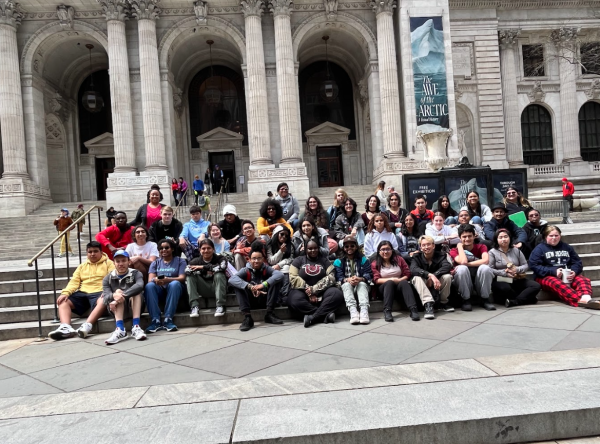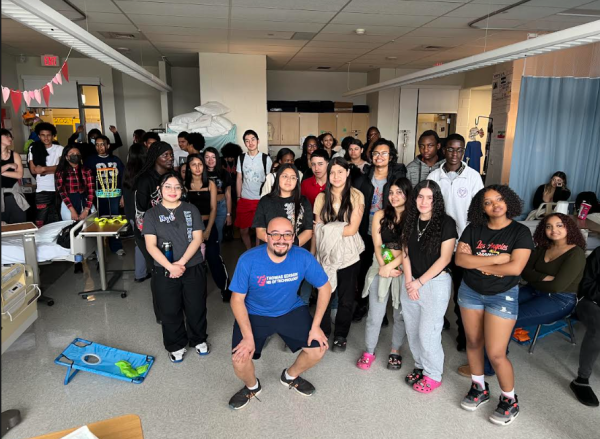How is Distance Learning Affecting Younger Students?
The COVID-19 pandemic has imposed numerous new challenges in our lives, one of which being remote learning. This has impacted our entire country, without a doubt, but younger students have been one of the hardest-hit groups. If executed correctly, remote learning could serve as an opportunity to help students get the most out of their education, but it could also further widen the achievement gap.
The psychological impact has taken a toll on younger students. Sitting behind a screen all day long can be extremely draining. Even when their online instruction ends, students are left with additional work to complete afterward. Also, the concept of being responsible for completing work on time, without much support, is one that a lot of students don’t cement until college. Because of the drastic transition, younger students have been forced to adapt to a new schedule, leaving them overwhelmed. Students also miss out on valuable peer connections and interactions that simply cannot be recreated in an online setting. Further, students who need additional support, like those with language barriers or students enrolled in Special Education programs, have an added layer of challenges with the online format. Teachers are not able to get as good a gauge of how well these students are keeping up.
Even with all these factors, some students are adapting more easily to the new format than others and have even benefited from it. With delayed start times, students can get extra sleep, especially since it takes far less time to get ready. Also, I’ve heard from several Elementary schoolers that even though not seeing their friends sucks, not having to deal with much peer pressure is a relief. The online learning environment eliminates possible distractions from other students, making it easier to stay focused on schoolwork. Another added benefit is that online school offers location flexibility.
However, the past semester of virtual learning has also exposed flaws within the school system that cannot go unnoticed. For younger students, the reduced face to face instruction time can be detrimental to their future. Even with the benefits of a more self-paced environment and extra sleep, there is a lot that still needs improvement, such as reimagining the way teachers approach homework. I hope that this year will serve as an opportunity to reshape the school system into one that helps all students succeed, even amid a pandemic.






